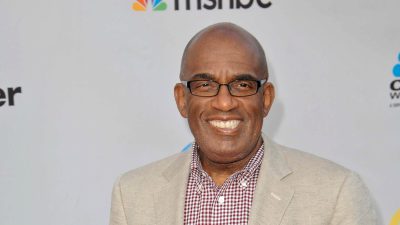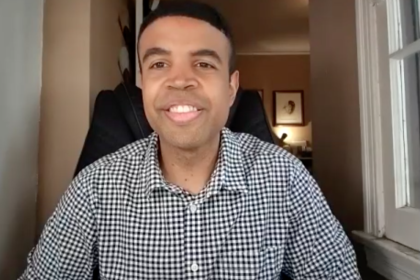From being a homeless youth to becoming a professor of history, Edmond Davis’ journey has been one of overcoming adversity and blazing trails. Through his journey, Davis has authored the first and only Arkansas Tuskegee Airmen history textbook, making him a global authority on the Tuskegee Airmen and a motivational speaker.
What was going through your mind while being homeless, and how did those trials and tribulations help you become who you are today?
It started with my parents, both my mother and father. They stayed together through thick and thin at that time when we were homeless on the streets of Philadelphia. They call it the City of Brotherly Love, and it is, but we did have some challenges there. One of those challenges for me 37 years ago, with my sisters and my other siblings, was being homeless and sheltered for a long period. The inspiration behind all of that, as far as me telling the story from grind to growth, came from my wife. She said, “People see your growth but don’t know that grind that comes before that.” That’s where I talk about growing up and having that fourth-grade baggage. I failed the fourth grade because we were shelterless and homeless and sleeping at Philly’s train station back in 1986. The glue that came as a backdrop for that time was my mother and father. They stayed employed, they stayed working, and whatever bickering or arguments they had, we didn’t see it. They sheltered us from all that. My father kind of told me, “Hey, you’re only 11 years old. You’re going to be the man of the area when me and your mom are away at work,” because they kept jobs. It was pretty much letting us know how we can grind and grow and still be successful.
What day did you realize the path you wanted to go in?
I believe that started before I attended Grambling State University. Before I moved to Louisiana again, back home in Philly, my mother and father would verbalize to me that there’s life after high school, being an athlete and somewhat of a fixture in a neighborhood. After we made a success out of that homeless phase in our lives, they were always telling me, “We don’t want you to take this route, we don’t want you to take that route, but look and choose for yourself.” So, just kind of instilling that fabric within me about college, my mom and dad said, “Hey, we’re going to help you any way we can.” My father was an eighth-grade dropout, and my mother was a 10th-grade dropout; she went back and got her GED. But my dad kept on a grind, and he was successful. You don’t hear too many stories about guys being successful after not attending high school, but that was in the ’50s and ’60s. My dad made it happen, legally speaking, from those various entrepreneurial endeavors.

















